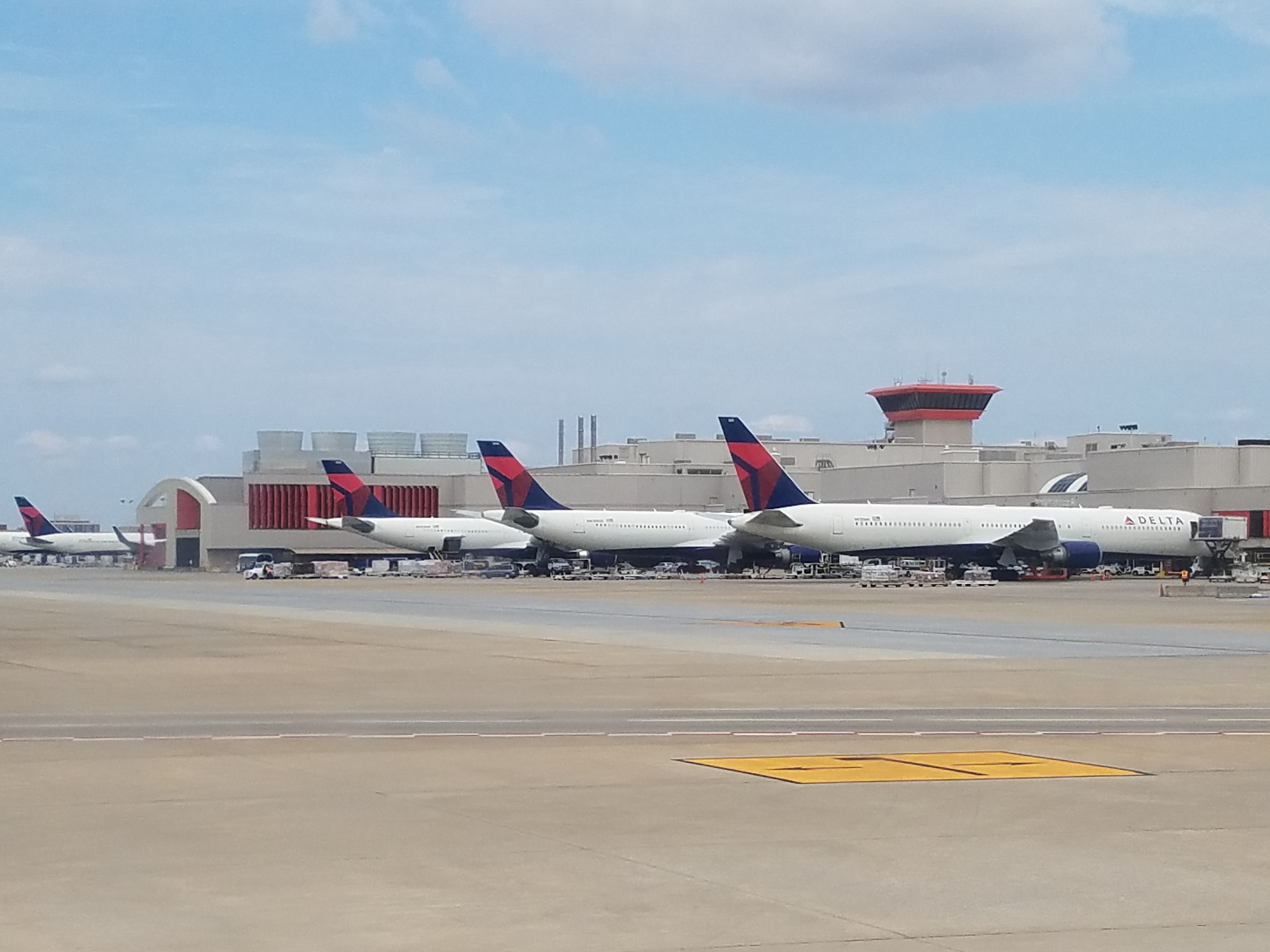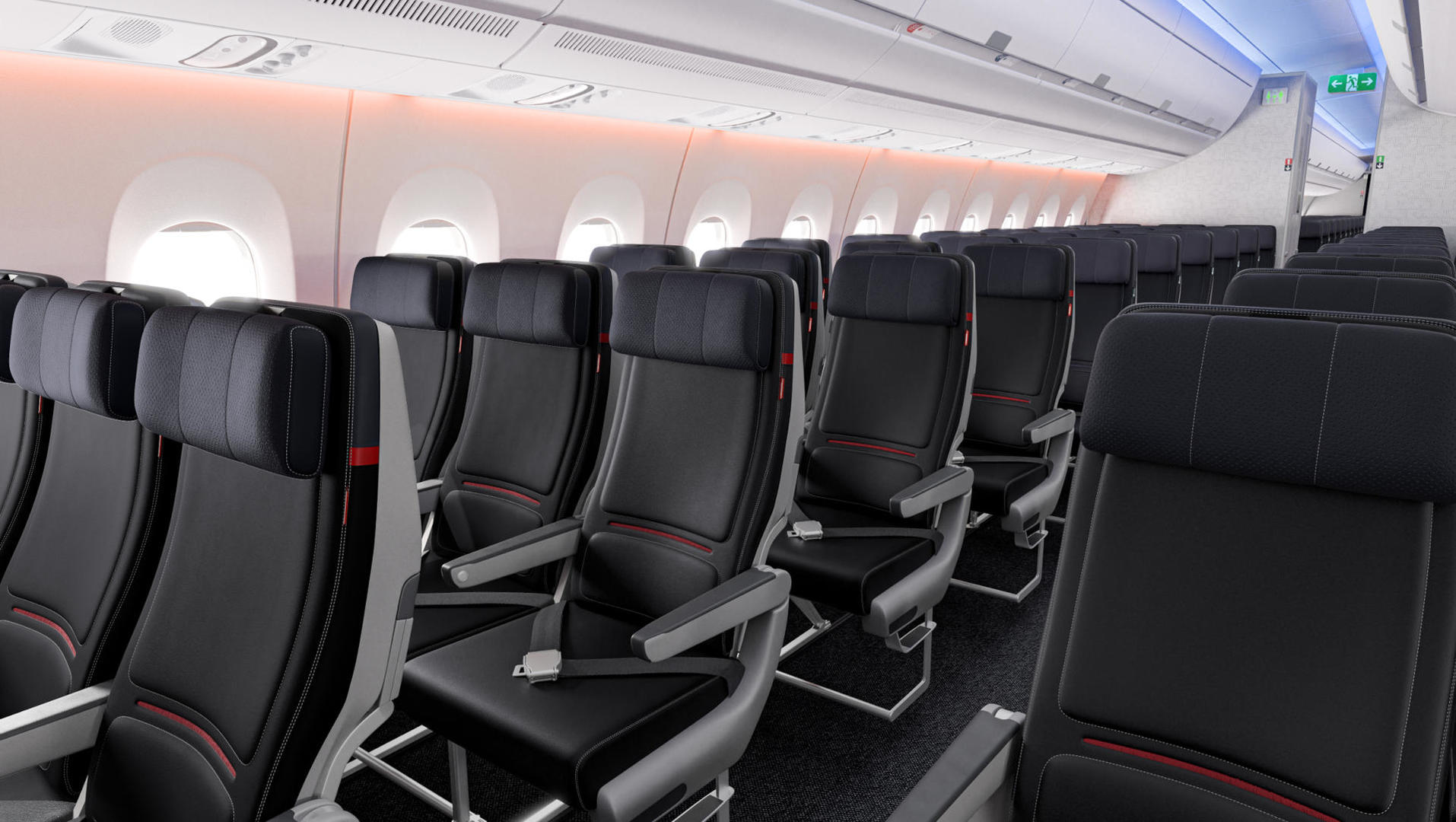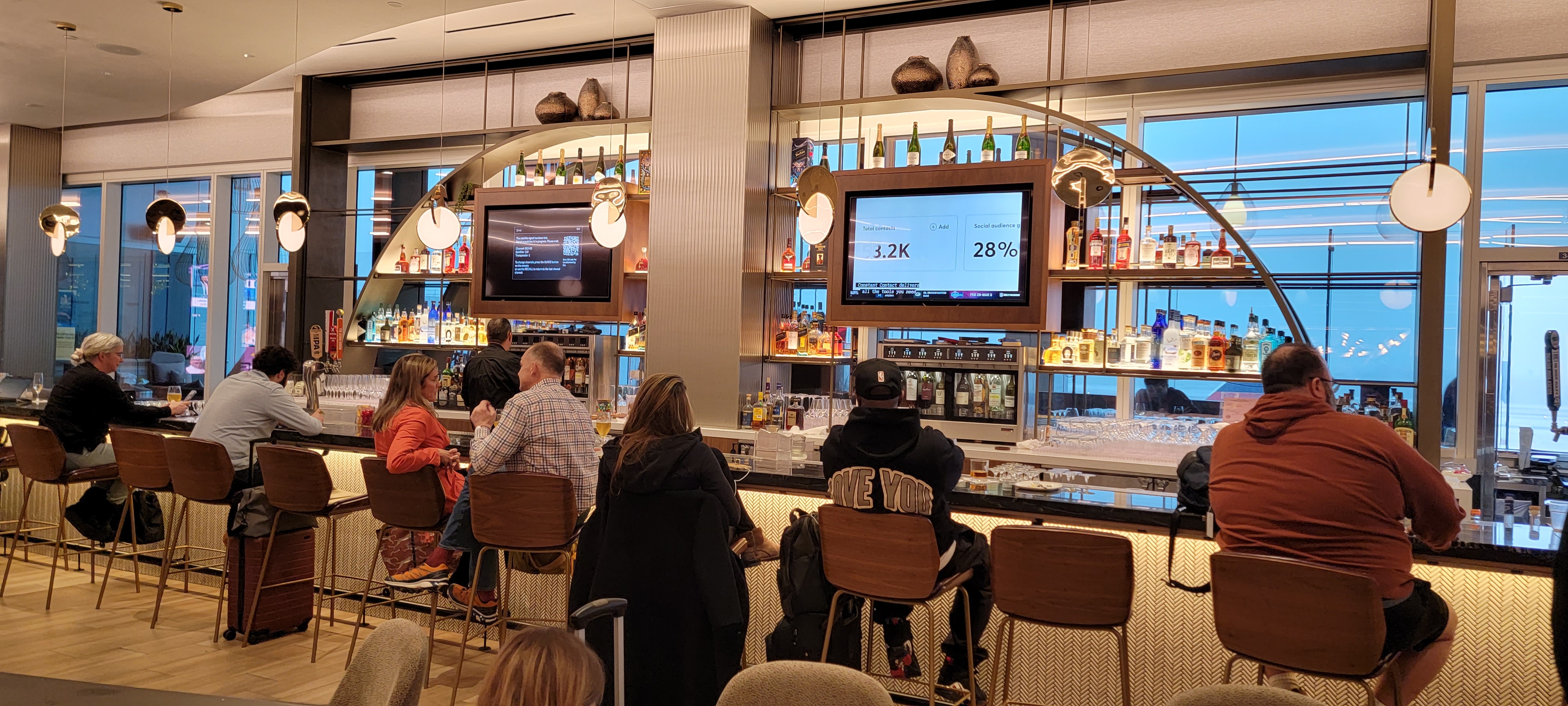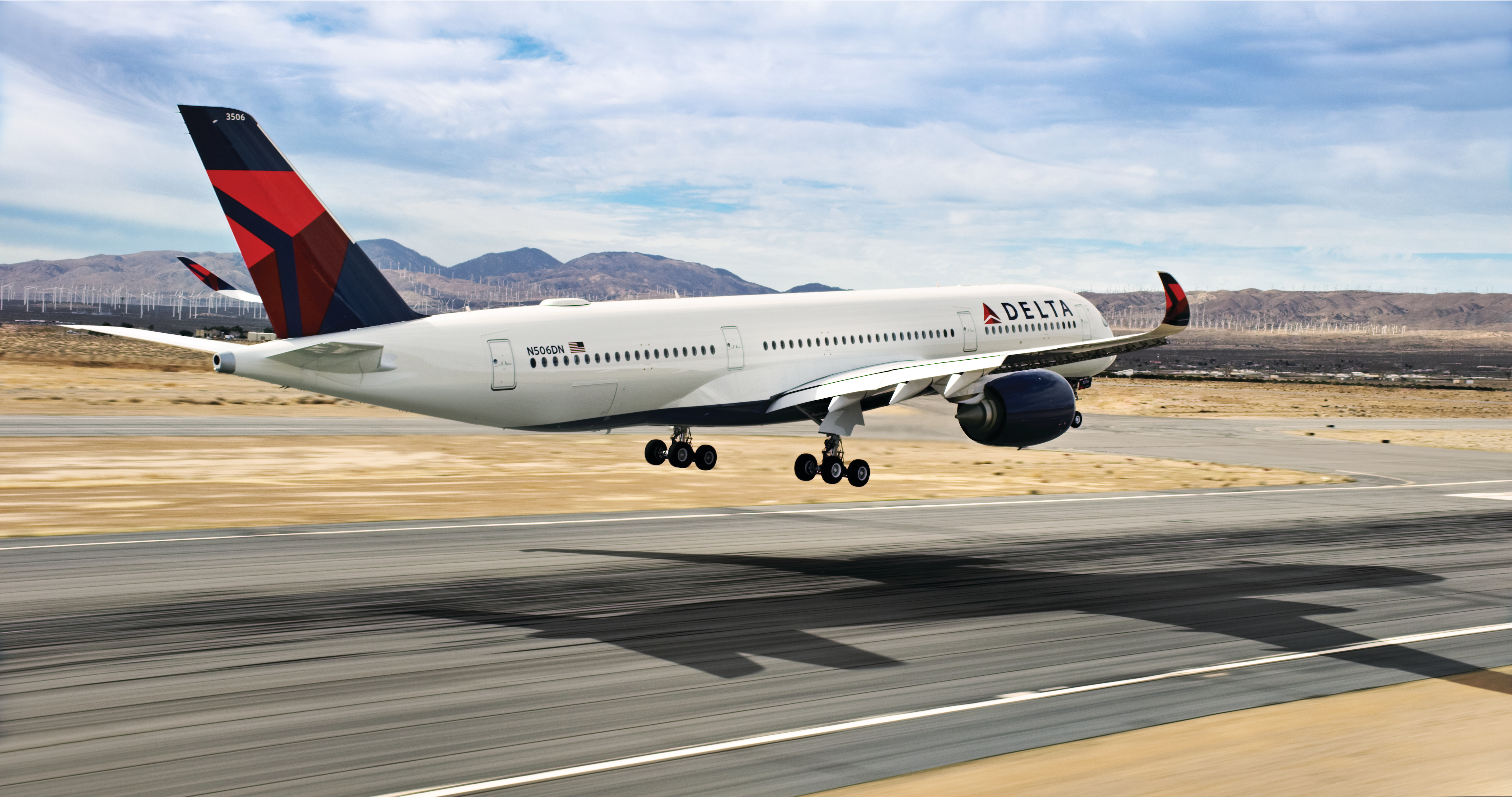Delta now sometimes charges you more if you’re traveling alone – add a second passenger and the fare drops. It’s written right into the fare rules for some of their least expensive fares, that you must be accompanied by someone else on the itinerary to be eligible for their lowest price.

This may be a new way to segment business travelers in order to charge them more, but solo travelers are leisure travelers too. This quirk in the airline’s pricing was first reported by Thrifty Traveler.
Delta has begun charging solo passengers more per ticket than travelers booking for two (or more) on select flights.
For example, Delta is charging at least $199 for one passenger on this one-way flight from Minneapolis-St. Paul (MSP) to Miami (MIA) in early September. But search for two passengers instead, and the price drops significantly: Just $118 per ticket.
[W]hile it’s not widespread, this discount for two-plus travelers – or pricing penalty for those flying solo – doesn’t appear to be a glitch. Delta indicates it’s by design in its arcane fare rules, where airlines carve out requirements and exceptions in order to sell tickets at a certain price.

Airlines have done more than just about any industry to price discriminate, charging different amounts to different customers.
- They will take almost anything for a seat they are going to fly anyway but that would otherwise go unsold. The cost of adding an extra passenger to a flight is almost zero (very little extra fuel, catering and compute). Meanwhile, once a plane takes off with a seat empty, that seat can never be sold again.
- But they don’t want to sell the seat for less than someone is willing to pay. If a customer will pay $499 for a seat, there’s no reason to sell it for $99.
- So they want to sell for $99 to the most price-sensitive customers, while selling the same product to less price-sensitive customers for $499.

The simplest way to differentiate price-sensitive customers from price-insensitive ones is to draw a circle around leisure travelers and business travelers.
Leisure travelers paying out of their own pocket may be very attuned to price. They’ll fly if it’s cheap, won’t fly if it’s expensive, and adjust their trip to get the lowest price. That’s not true in every case, but it mostly works.
Business customers, flying on Other Peoples Money, do not usually care what a ticket costs (small business owners are more commonly like leisure travelers). They care more about schedule than price, suffer from principal-agent problems where they’ll pay more to get their preferred miles since it’s someone else’s money, and there’s usually a theory about how the trip creates more value than it costs – usually by a lot.

Historically, airlines separated out leisure travelers (to offer cheap fares to) and business travelers (to charge exorbitant prices to) based on things like Saturday stays, roundtrip requirements, and advance purchase rules. Those largely went by the wayside for domestic itineraries as ultra-low cost carriers gained prominence and didn’t impose those restrictions. Airlines couldn’t hold price for last minute business travelers when discounters offered the same itineraries cheap.
So airlines came up with basic economy to segment their customers. Price-sensitive customers get inflexible tickets, boarding last so they waste time gate checking carry-on bags and have to sit at baggage claim, and get the worst seat assignments. Meanwhile, business customers pay more and get the usual experience they expect.

Interestingly, American Airlines launched their devalued AAdvantage Business program with the restriction that you could only receive credit for flights if you were alone on the itinerary. They hard-coded the logic that more than one passenger on a reservation meant that it was a leisure trip, not a business trip. And while business travel is more likely to be ticketed separately, even if employees are traveling to the same place at the same time, that’s certainly not exclusively the case.
So Delta could be experimenting with one more way to offer their cheapest tickets only to leisure travelers (traveling together) and keep business travelers from paying less than they’re willing to pay, since they’re booking separate tickets much of the time even when two employees are traveling together.


NEVER DELTA!
OLD AIRCRAFT!
I go to London to visit my mother from NYC
I fly by myself because it’s only 1 ticket
Now what????
Another reason I’m glad that covid killed most business travel; I’m happy to not be supporting those leeches.
I’m still quite happy with DL’s product and service. I’m just a lowly Silver Medallion member but they make me feel valued, and on top of that, it’s the sole choice if I want to fly from my home airport. If I want other airlines, I have to drive two hours.
This makes it impossible to fly to see my family.
Unbelievable!! I have been a Delta customer for years. No more!
Stupid airlines,what????
Charging more to people who fly alone!!!!
How much more prejudice do we need?
Now I ve heard everything about the disgusting way airlines have of making more and more money off people
That will never happen,I’ll not pay,no fair,say I .
They should be fined for the prejudicial treatment of fine,solo travellers!
Delta just lost my business.
That’s why I used to fly Southwest! Now if I’m headed to Europe, I use Icelandair. Still pay more for bag (I check because I can’t lift into overhead bin), but they are very fair and straightforward.
This seems like a form of discrimination. If banks or credit card companies charged higher interest rates to unmarried people that would be against the law. As an unmarried person that often travels solo, I’ll probably never fly Delta again with this pricing scheme.
Ridiculous. There are no empty seats…Zero
Not sure it will have the intended effect. I often tag along on my wife’s business trips (and vice versa) getting reimbursed for one fare, but I also often travel to visit family alone (my wife can’t always join due to scheduling conflicts).
Delta has been garbage for a while. I used to love flying international with them, but my last experience was not worth the price I paid for tickets. Not my worst flight, but things should have been better for the price.
Unless I have no other option, I intend to avoid Delta in the future.
It’s hard to stop flying them anymore since I have long ago!
I decided they were a rip off years ago and gave up on them
Only fools that are clueless fly this airlines old pile of flying bolts @ premium pricing for garbage
Luckily for delta they have a number or unaware folks that buy at sky high pricing